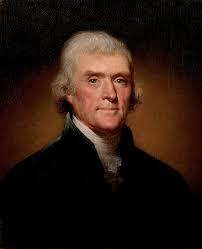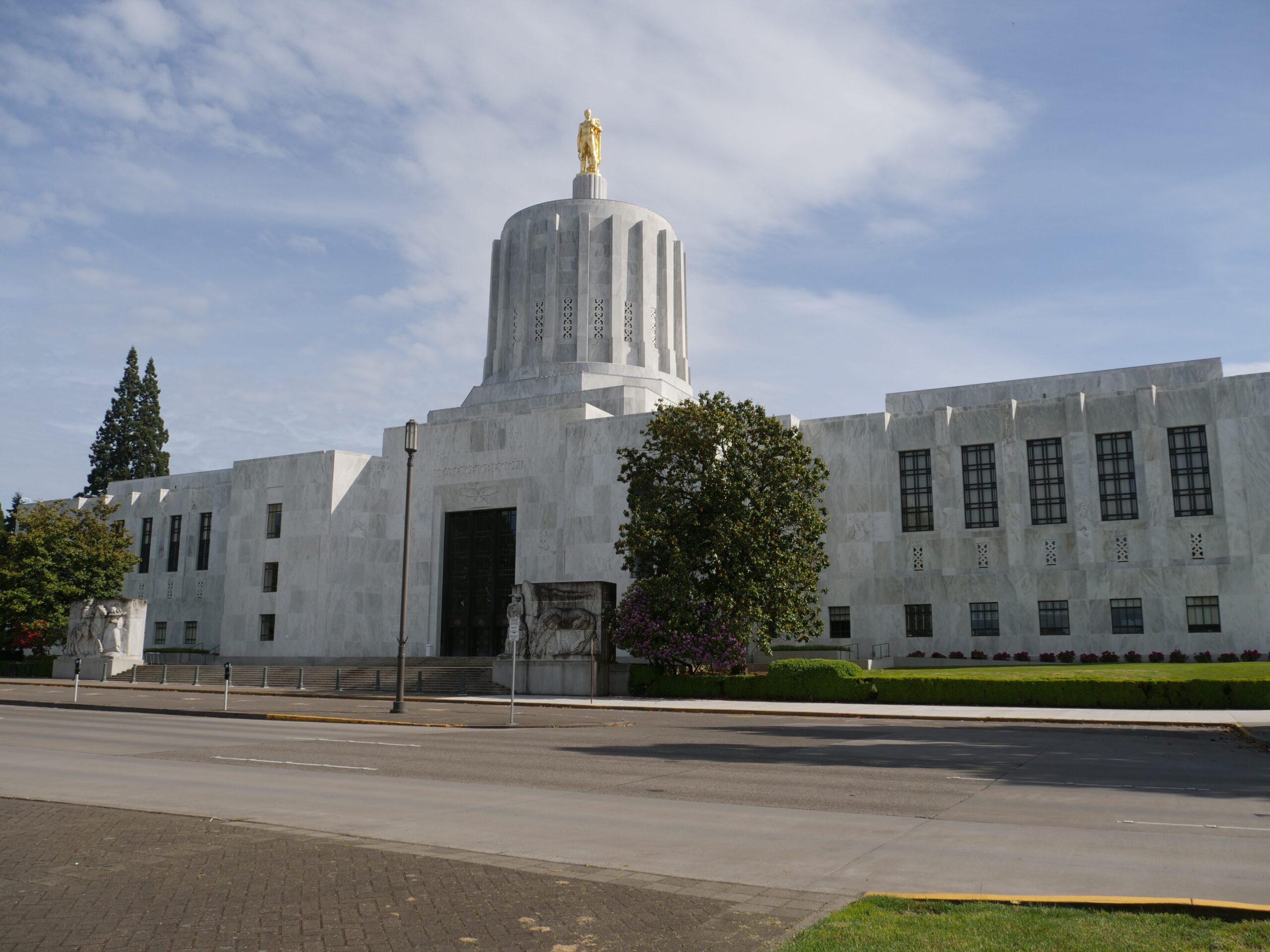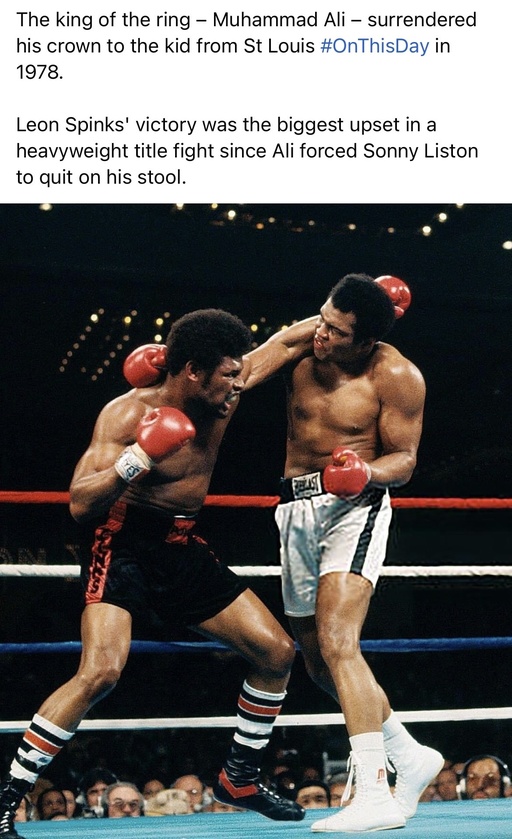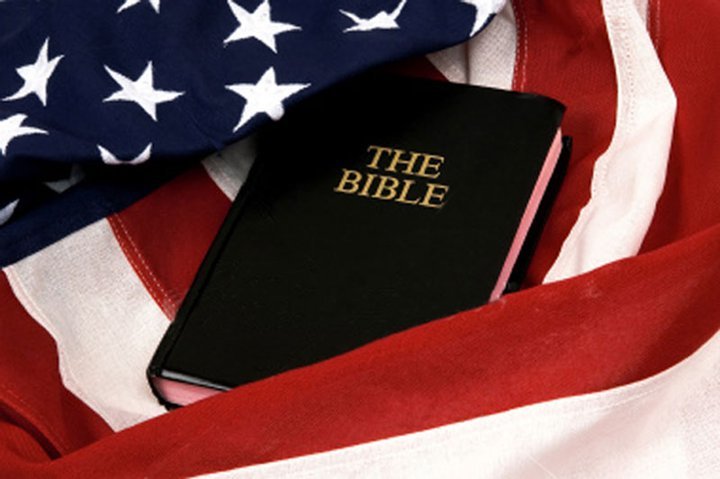
Nullification
Nullification, or the idea that states have the right to ignore acts of Congress that they deem "unconstitutional" was foundational to how Jefferson imagined our country working. As we covered in The Deep Dive Podcast on Judicial Review, Article 3 of the constitution does NOT explicitly give the Supreme Court the right to overturn laws of Congress. The court first established that power in the landmark case Marbury v. Madison (1803) where the court granted themselves the authority via judicial interpretation of Article 3.
Today, after years of living with Judicial Review, it can seem hard to imagine a world without the court's oversight in determining what laws are constitutional and what laws are not. We the people have yielded that authority to the Supreme Court but according to Jefferson, we never should have. He envisioned a different way to strike down unconstitutional laws and it started at the state legislatures. If Congress passed a law that violated the rights of the states, the states would simply ignore it or nullify it.
Jefferson understood the constitution, in Article 1 section 8, gives congress a short list of 18 enumerated powers. Any action taken outside of those enumerated powers would rightfully be considered unconstitutional. The 10th Amendment gives the states the power to do all things that Congress can not, stating "The powers not delegated to the United States by the Constitution, nor prohibited by it to the States, are reserved to the States respectively, or to the people." The rightful balance of power in our federal system of government would strongly favor the states.
Jefferson's argument was made clear in the Kentucky Resolutions of 1798 and 1799 (in reply to the Alien and Sedition Acts). He believed that if Congress acts outside of the boundaries given to it by the states in the Constitution then the states should be the ones to hold congress accountable. This would increase the level of checks and balances seen in our country, reinforcing the limitations of the federal government while bolstering the power of the states. It would also encourage civic involvement in politics causing the citizens of the respective states to closely and jealously monitor the actions of the elected members of Congress. If and when Congress acts in an unconstitutional way, the states would rally against the fed and nullify that action.
This would negate the need for the Supreme Court to be the "interpreter" of the Constitution, which has resulted in 5 robed tyrants (a majority) having the power to essentially rewrite the Constitution. Instead of the unelected justices, the people and their state legislators would be the ones to decide what actions of congress violate their rights. This can be seen in practice today as states adopt laws legalizing the use of marijuana which is considered a Schedule 1 drug and outlawed by the federal government. Even though the federal government has outlawed recreational use of the drug, state legislatures are challenging the federal government's authority over the matter and exercising the right to nullify federal law. This can also be seen in states with Second Amendment Protection Acts or SAPA laws. These laws push back on unconstitutional violations of the Second Amendment and aim to nullify any act of congress that would strip citizens of their right to bear arms.
Judicial Review is likely here to stay, but that doesn't mean that the court is the ONLY one capable of restraining an out-of-control federal government. The states CREATED the fed, and they have the rightful authority to reel it in when it acts outside of its granted powers. Article 6 says that the Constitution, not the Court, is the supreme law of the land. That same Constitution in Article 1 lays out a select few powers granted to Congress and then clarifies in the 10th Amendment that all powers not directly given to the federal government are reserved for the states. If Congress acts outside of its authority, the states have the duty to restrain Congress.

















